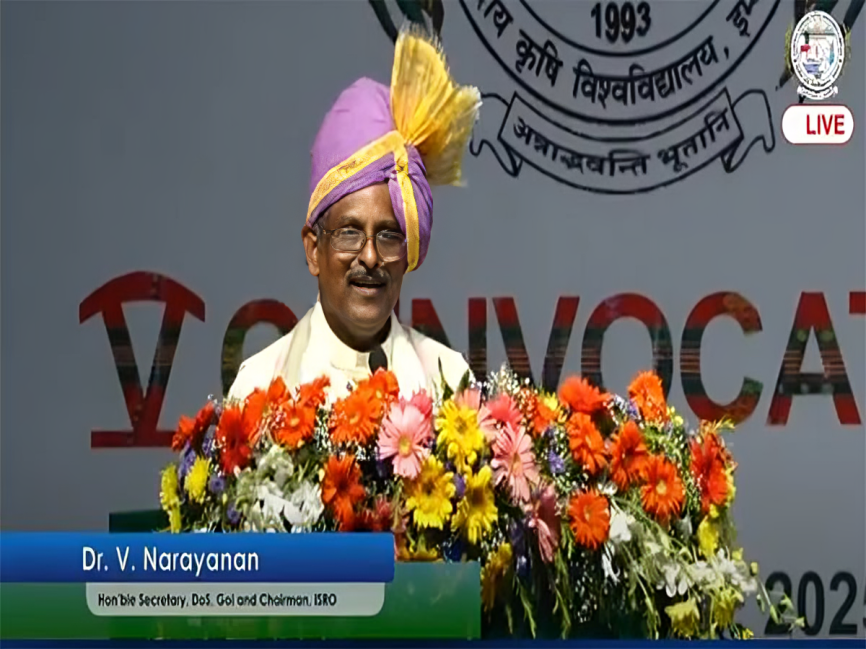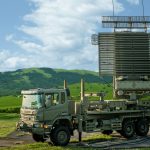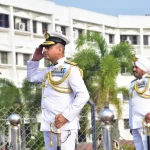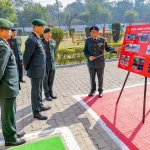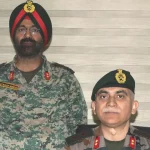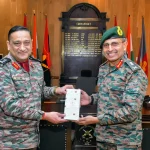Indian Space Research Organisation (ISRO) Chairman V Narayanan announced that 10 satellites are currently operational to ensure India’s safety and security amid rising tensions with Pakistan. Speaking at the 5th convocation ceremony of the Central Agricultural University (CAU) in Imphal, Narayanan emphasized the indispensable role of space and surveillance technology in maintaining national defense.
“In the current geopolitical scenario, at least 10 satellites are continuously functioning for strategic purposes,” Narayanan said during his keynote address. “Monitoring India’s 7,000-kilometer-long coastline and northern borders is only possible through advanced satellite and drone technology, especially in the face of challenges from our neighbors.”
His remarks come days after the Indian Armed Forces launched Operation Sindoor on May 7, a decisive retaliatory strike against nine terror camps in Pakistan and Pakistan-occupied Kashmir (PoK). The operation followed a brutal terror attack in Pahalgam on April 22, which killed 26 civilians. The Indian military reported the destruction of 11 Pakistani air bases and key terror infrastructure linked to groups such as Jaish-e-Mohammed, Lashkar-e-Taiba, and Hizbul Mujahideen.
Pakistan responded with heavy shelling and drone attacks across Jammu and Kashmir, Punjab, Rajasthan, and Gujarat. However, India’s integrated air defense systems, powered in part by ISRO’s satellite network, successfully neutralized the threats. The Indian Army confirmed that the night of May 11–12 marked the first incident-free night since the operation began.
During a joint press briefing on May 11, senior defense officials including Lieutenant General Rajeev Ghai, Vice Admiral A N Pramod, and Air Marshal A K Bharti outlined Operation Sindoor’s strategic gains. They confirmed that while a temporary ceasefire was agreed upon on May 10, Pakistan violated it within hours, prompting a strong Indian counter-response.
In addition to national security, Narayanan used his address to highlight ISRO’s vital contributions to agriculture, disaster management, and rural development, urging the 1,500 graduating students to contribute to India’s progress. The event, held at the College of Fisheries in Lembucherra, celebrated academic achievements and the university’s role in promoting agricultural innovation in the Northeastern region.
Narayanan, who assumed office as ISRO Chairman on January 14, 2025, concluded by encouraging the youth to align their aspirations with the nation’s evolving priorities, especially in areas where science and strategy intersect.

